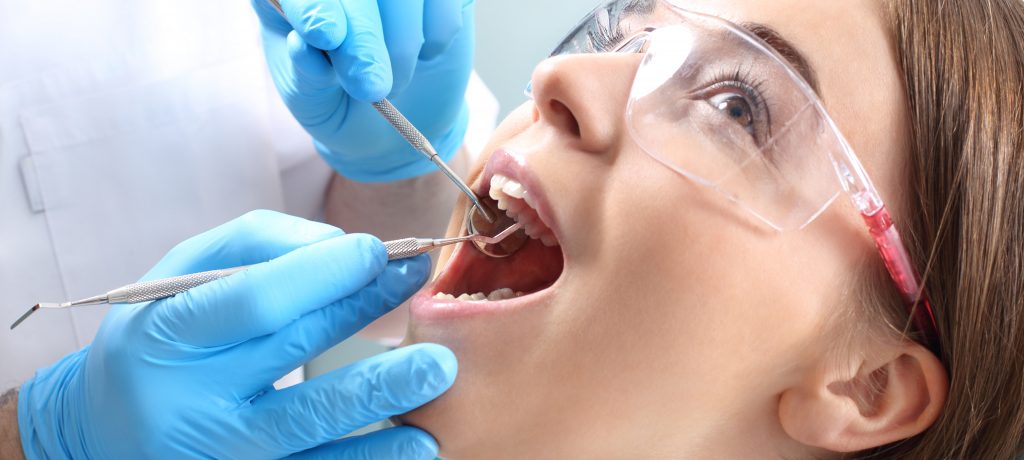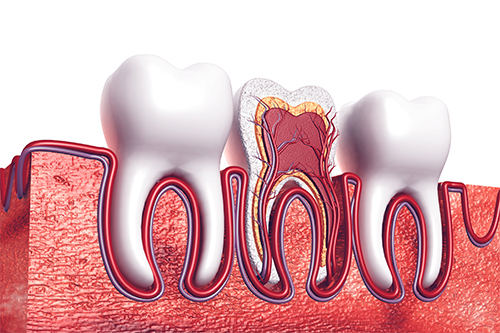Resource Library
Start Reading

Focal infection theory continues to circulate in the popular consciousness, despite having been debunked by over a century of research. Developed in the 1920s, this theory posited that bacteria could “leak” into the body from root canal treatment and cause degenerative diseases (such as arthritis, heart disease, etc). Decades of research have conclusively demonstrated this theory to be fallacious. However, this and other antiquated ideas continue to dissuade patients from getting the treatment they need!
Even if you haven’t been led astray by these common myths, you might still be wondering, “Does a root canal hurt?” Below, we address this question and other common concerns voiced by patients as they consider root canal therapy.
A: The simple answer is no. Because of modern technology and anesthetics, you shouldn’t expect to feel any pain during the operation. Root canal therapy is commonly confused with its cause, infected.
Patients often wait to see the dentist until they’re already experiencing pain, whether from a cavity, dental abscess, or deep gum disease. Severe toothache usually indicates tissue damage in the inner tooth, which can be remedied with root canal therapy. By removing the damaged tissues and sealing off your tooth with a protective layer, an endodontist will provide relief for your pain!
A: While the procedure itself is not painful, recovery typically takes a few days, like any other surgery. In other words, tissue sensitivity is to be expected, and you should not worry if even you’re still experiencing some root canal pain after three days.
If the pain persists, you should inform your endodontist before or at your post-surgery checkup.
Your endodontist will provide you with customized instructions about what you can do to reduce discomfort after surgery. You can also try these tips to expedite your recovery process:
Root canal therapy is an effective and lasting treatment for tooth pain. Compared to a tooth extraction, it is the less painful alternative to address the root causes of a toothache. The endodontists at Penn Dental Family Practice are experts in pain management and long-lasting dental solutions. We encourage you to come in for an endodontics consultation if you suspect infection or have been suffering from tooth pain.
Does a root canal hurt? No, but the pain of infection and tooth damage will only get worse as time goes on. Treat yourself right by seeking treatment early at Penn Dental Family Practice. To contact us, please call 215-898-PDFP!